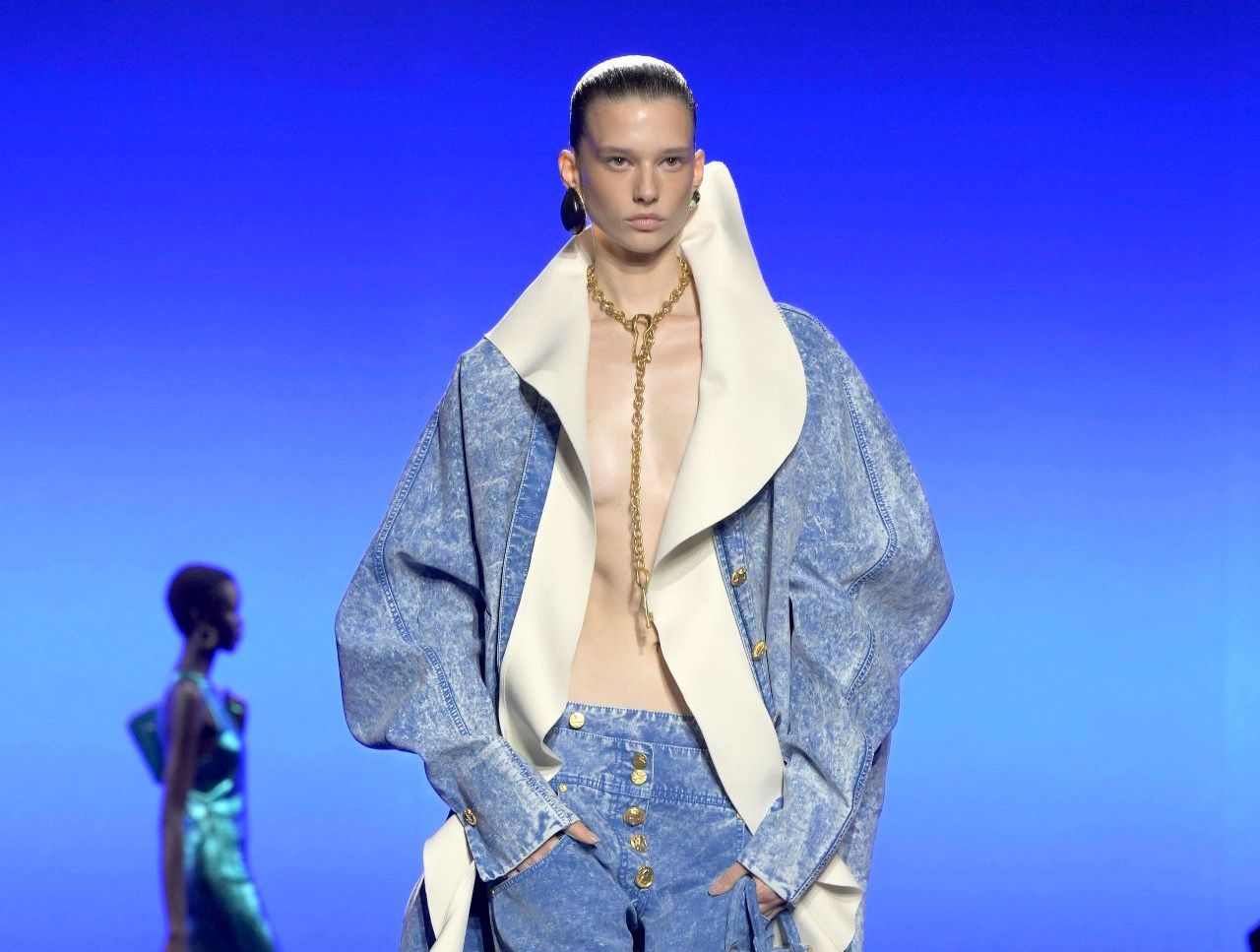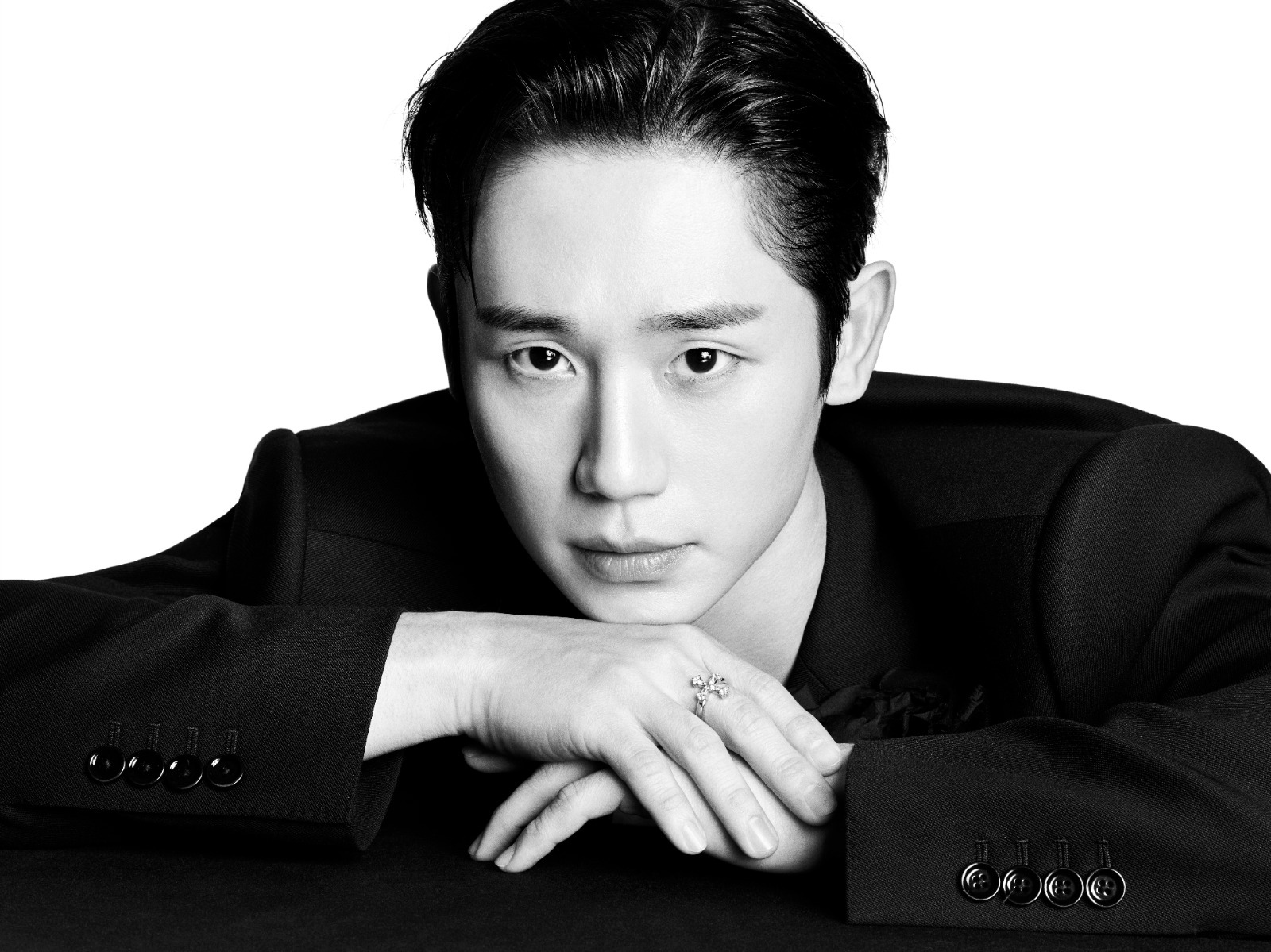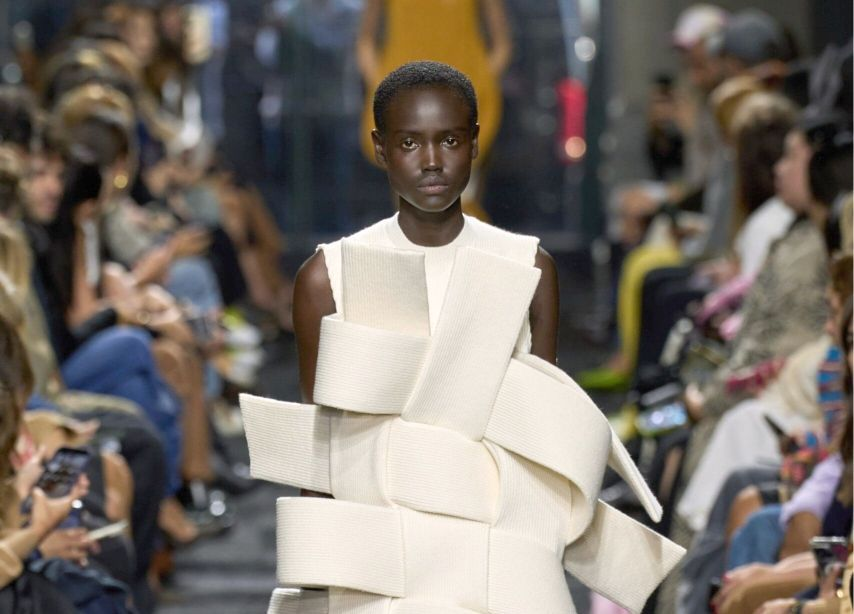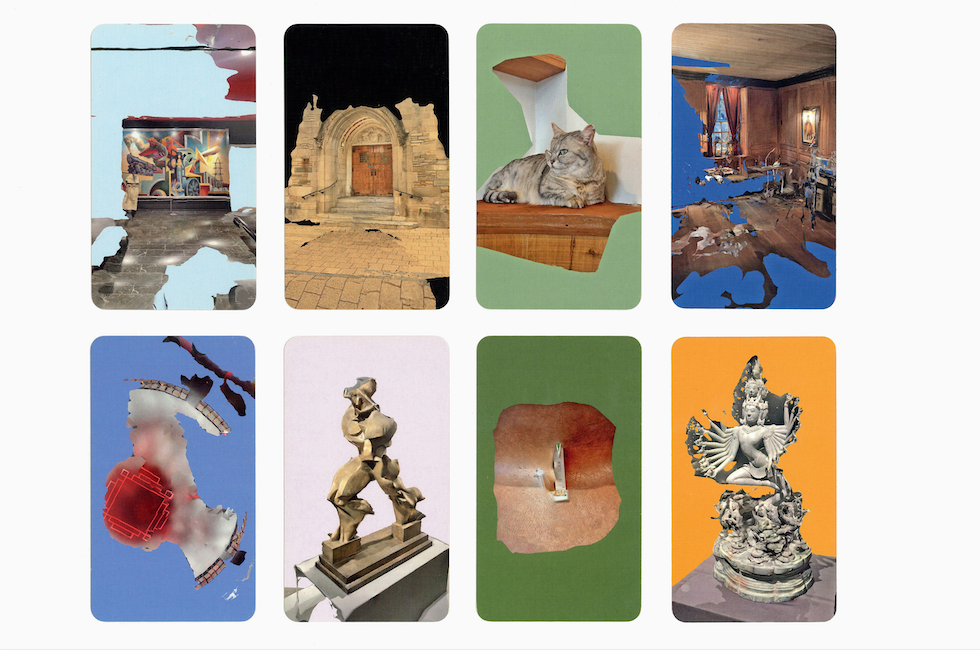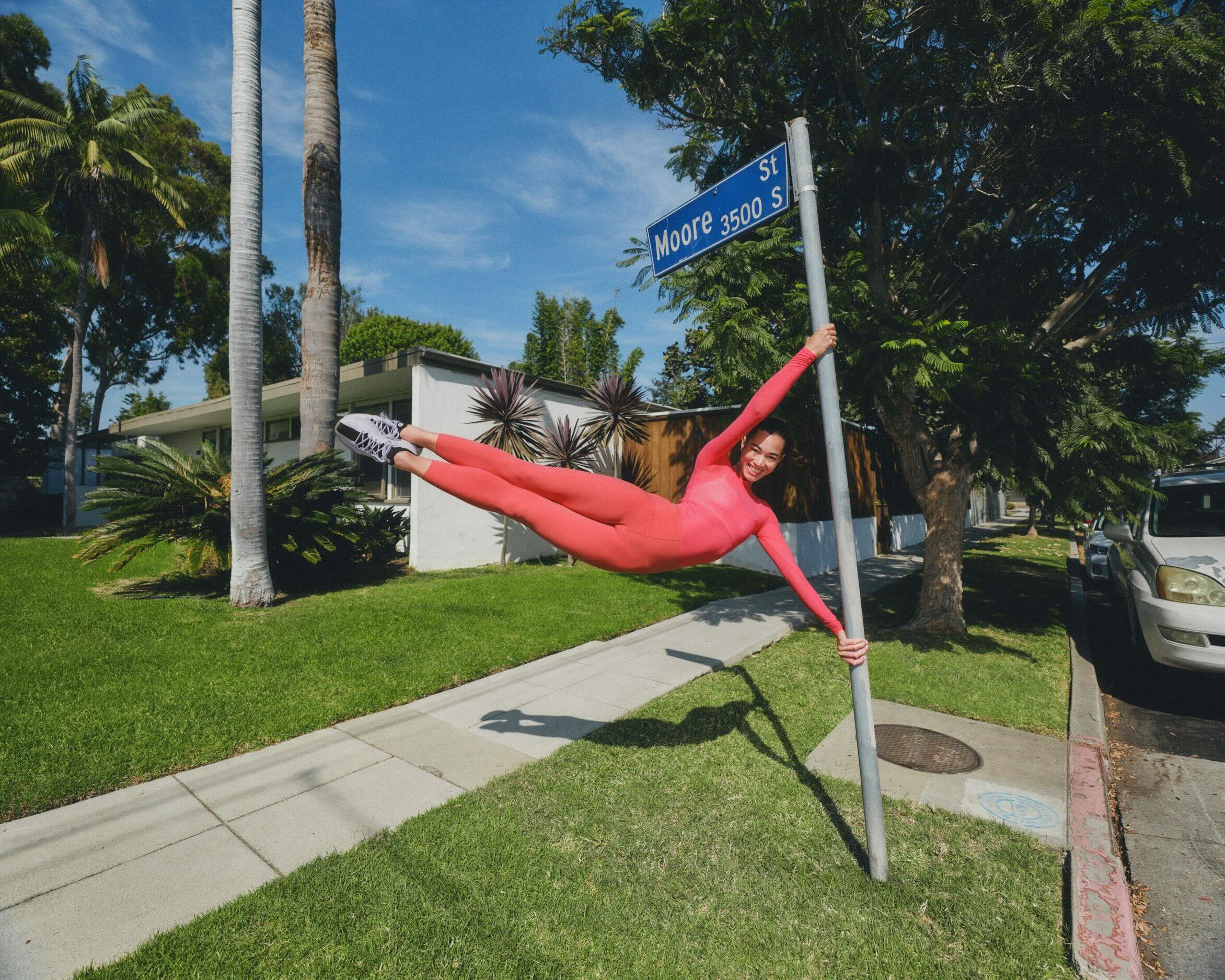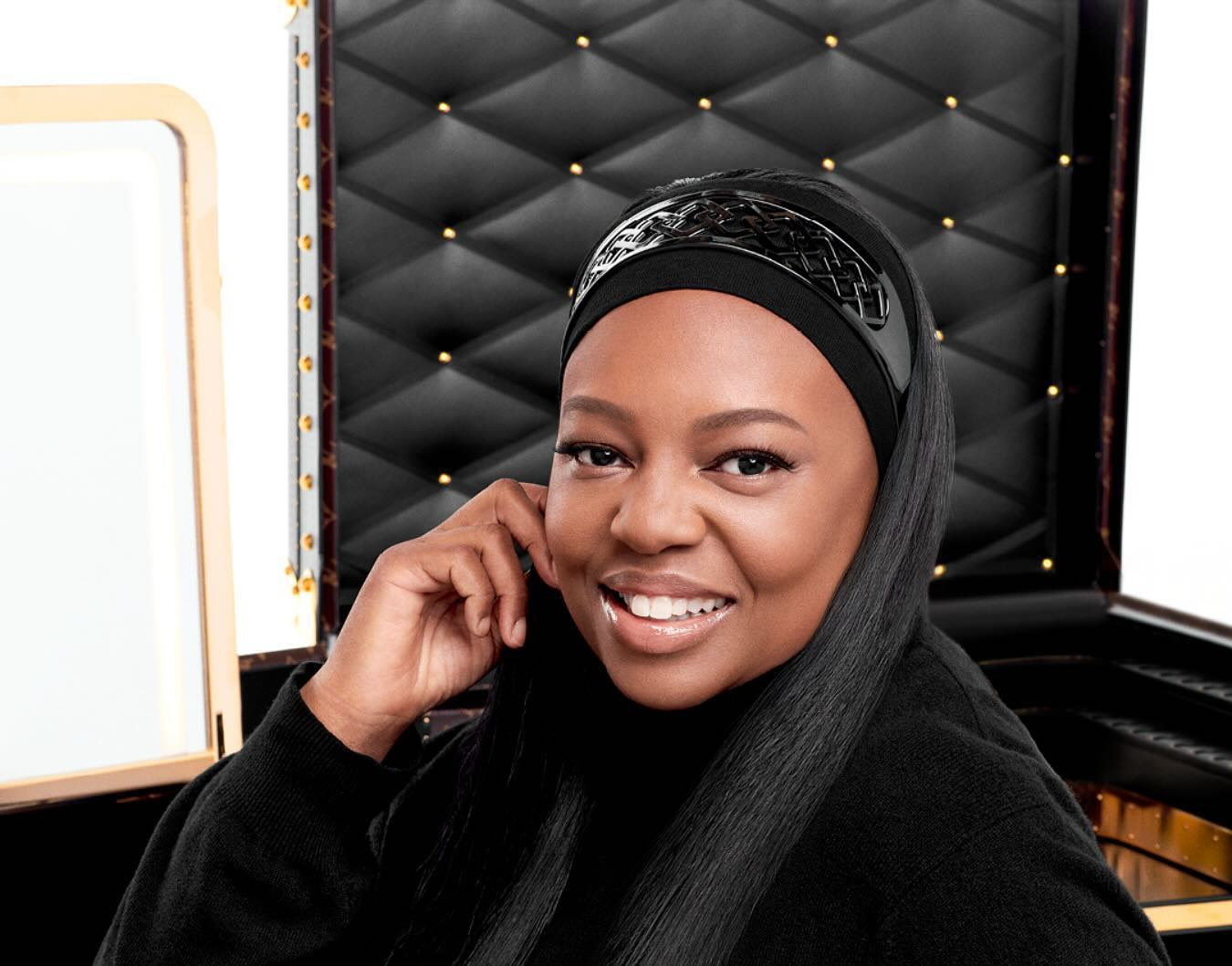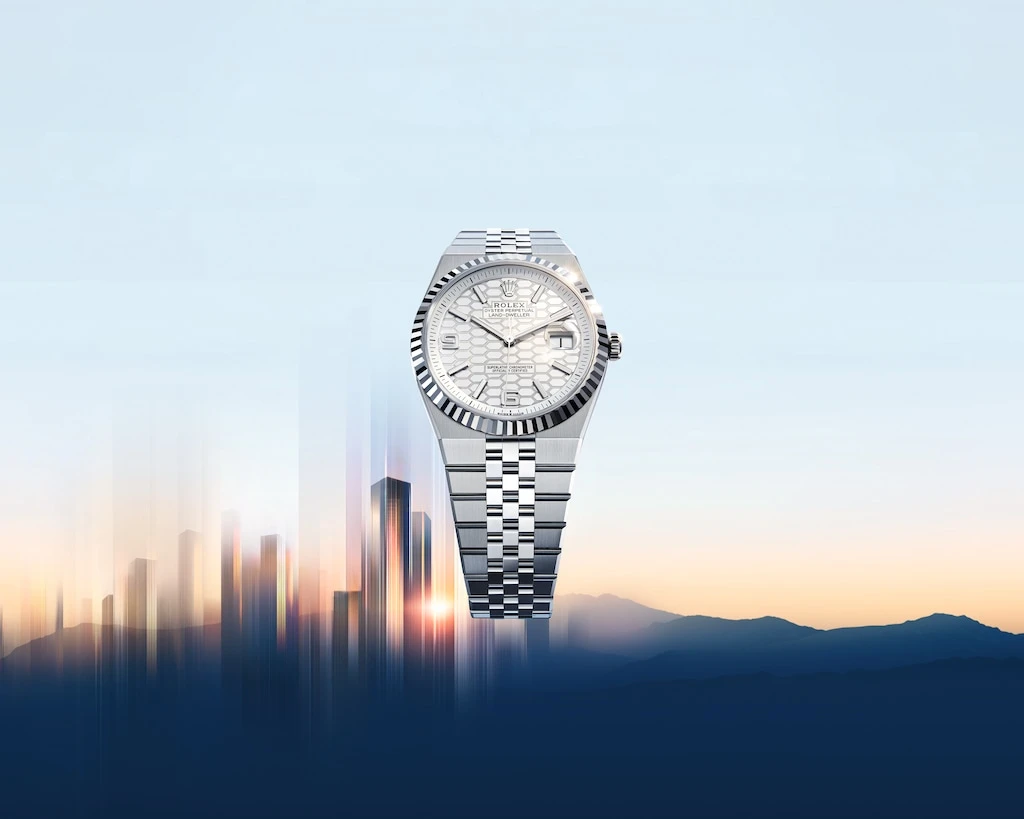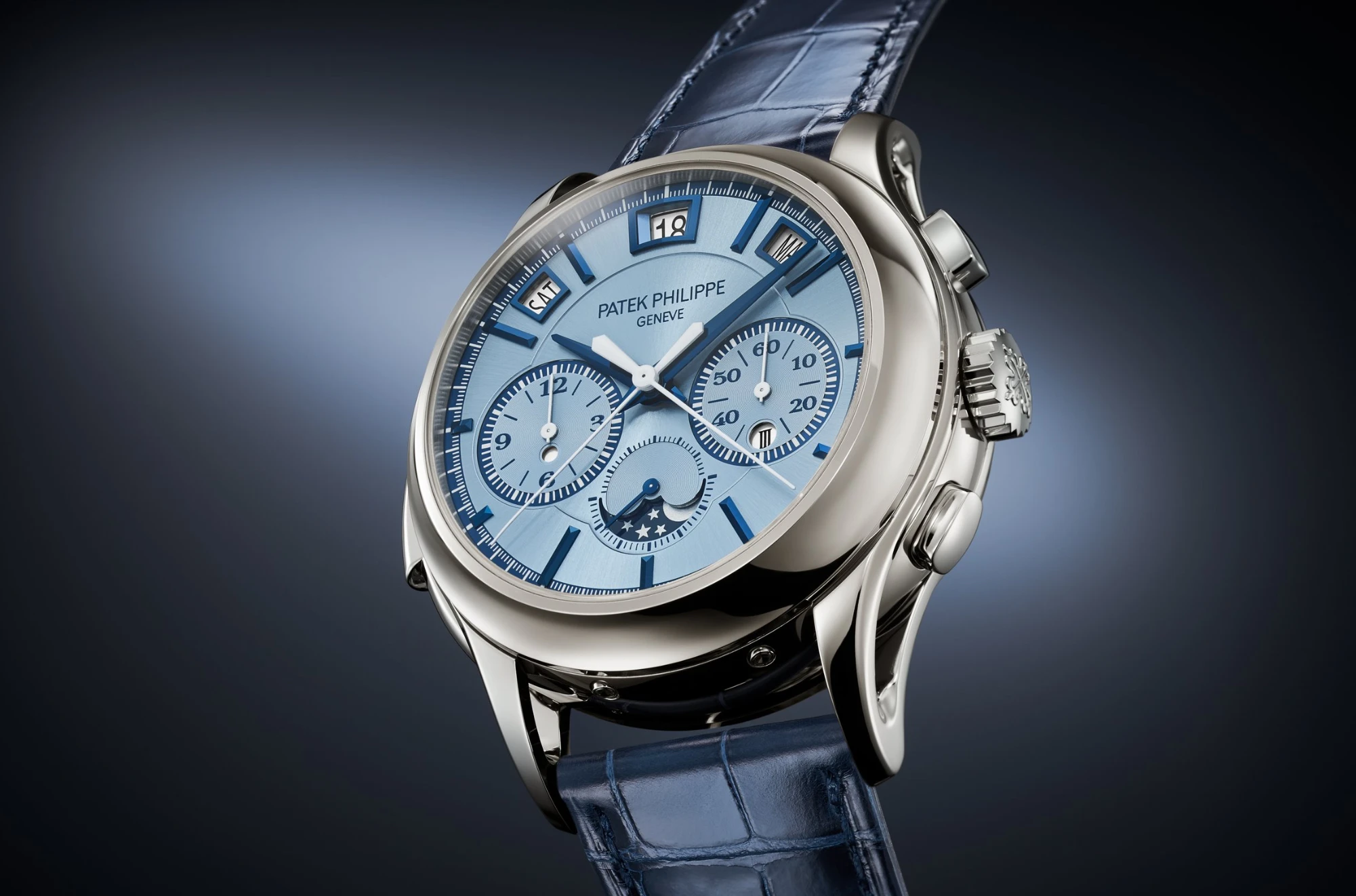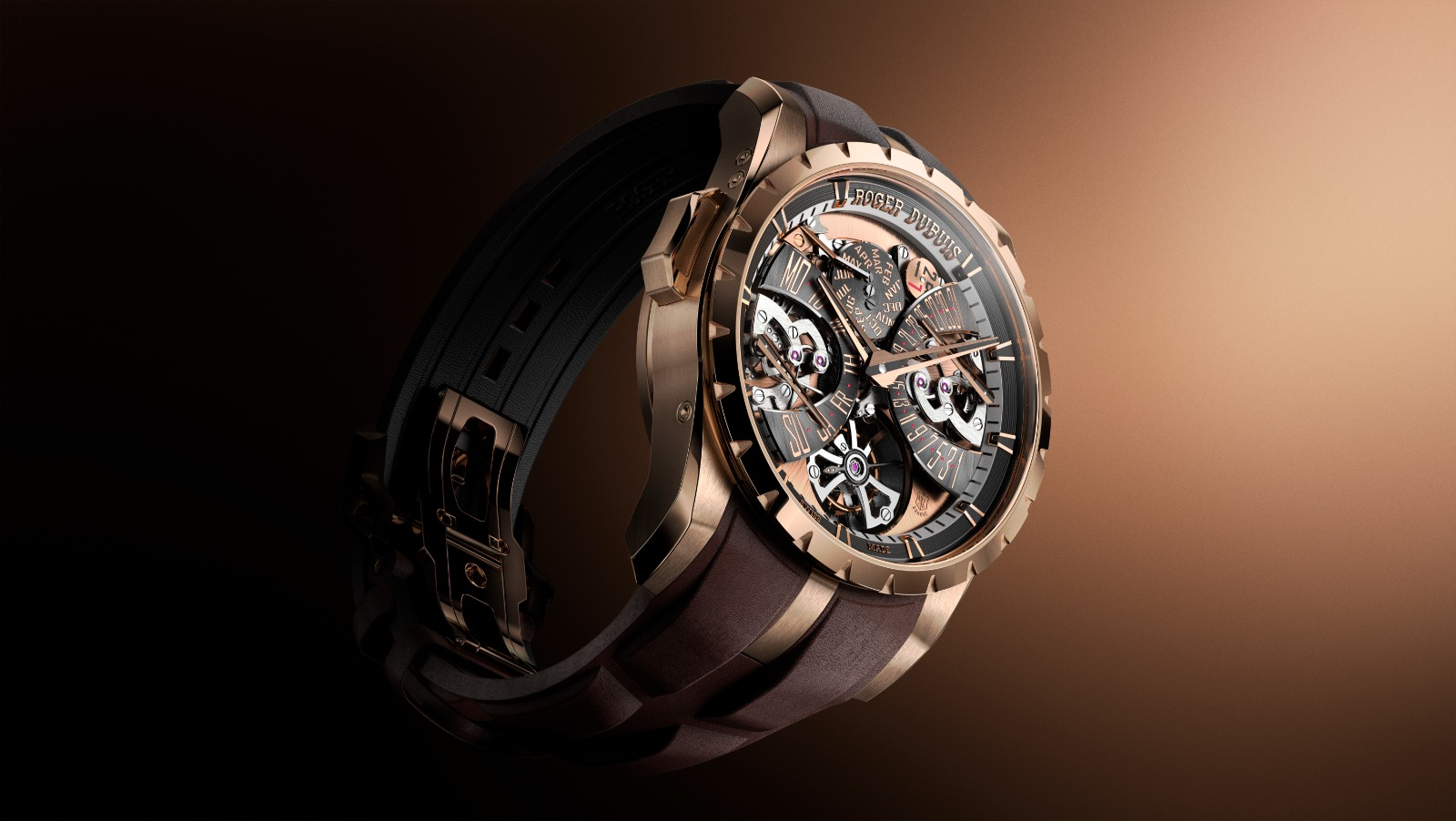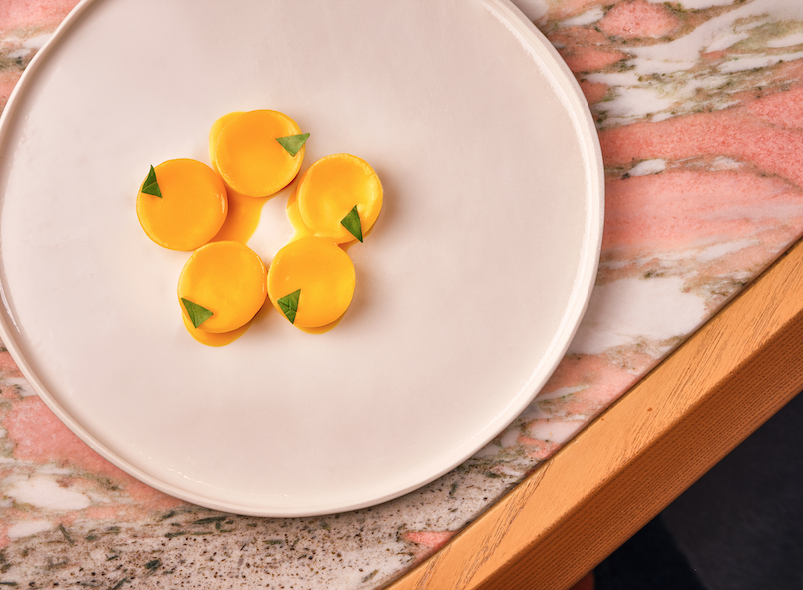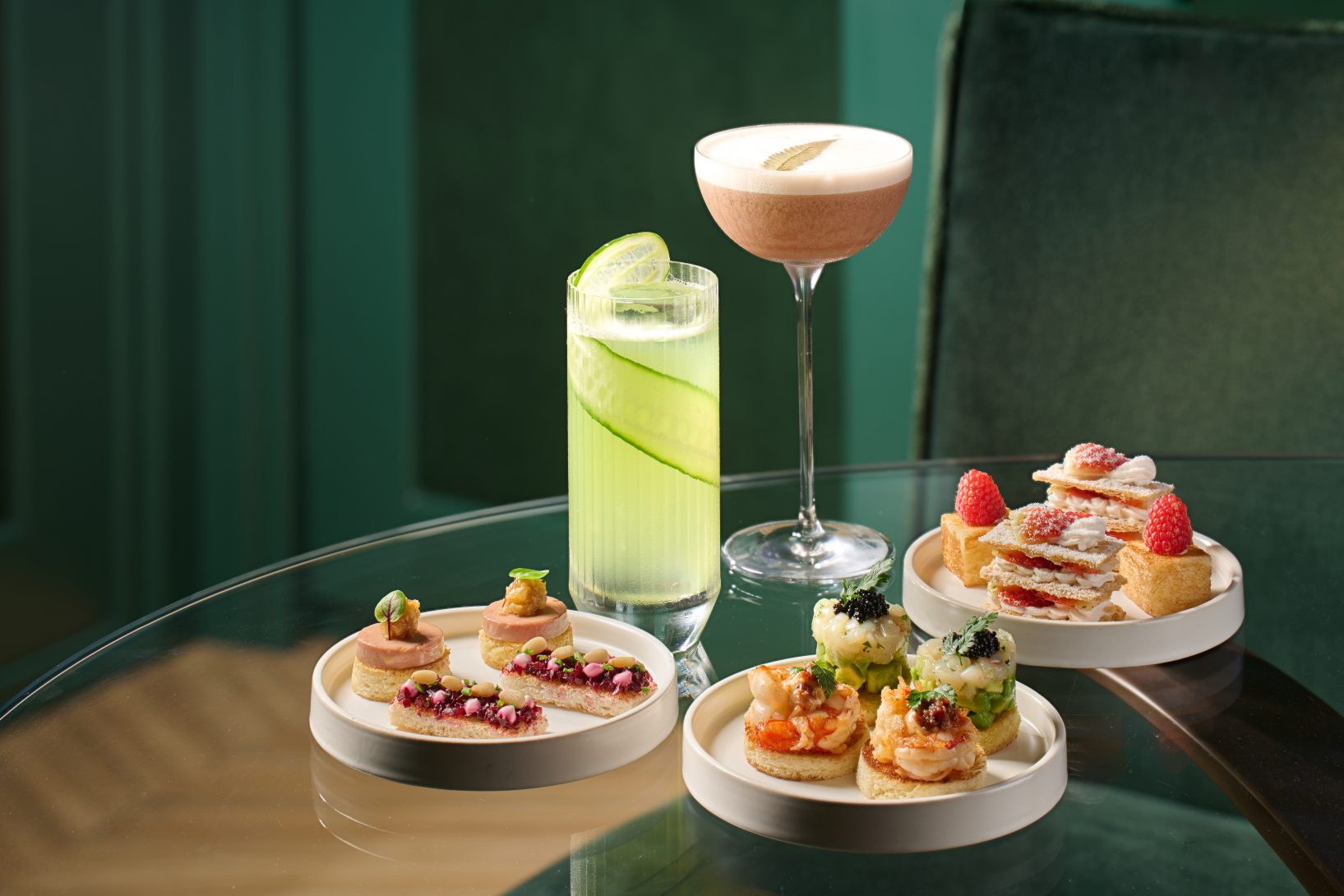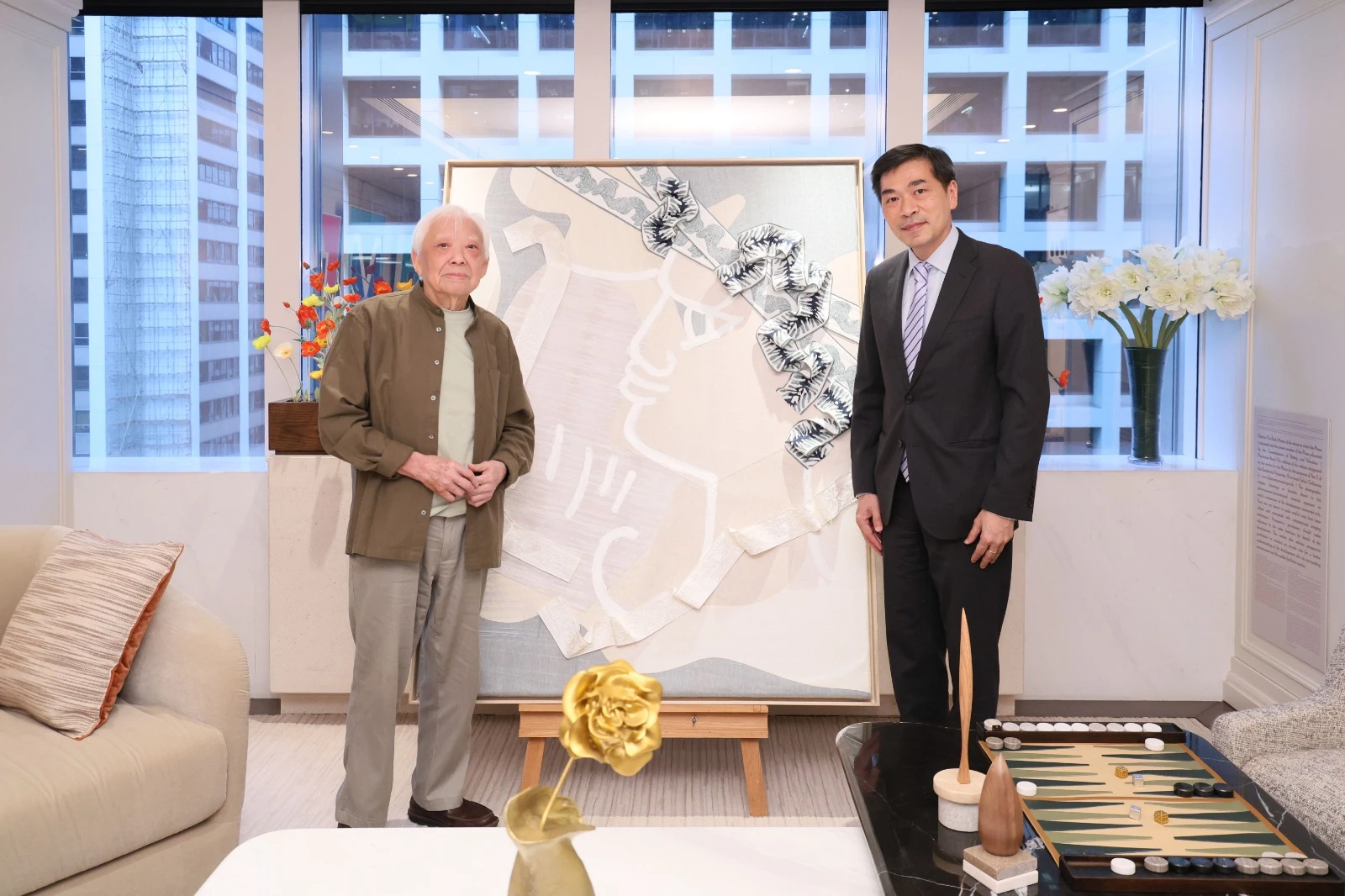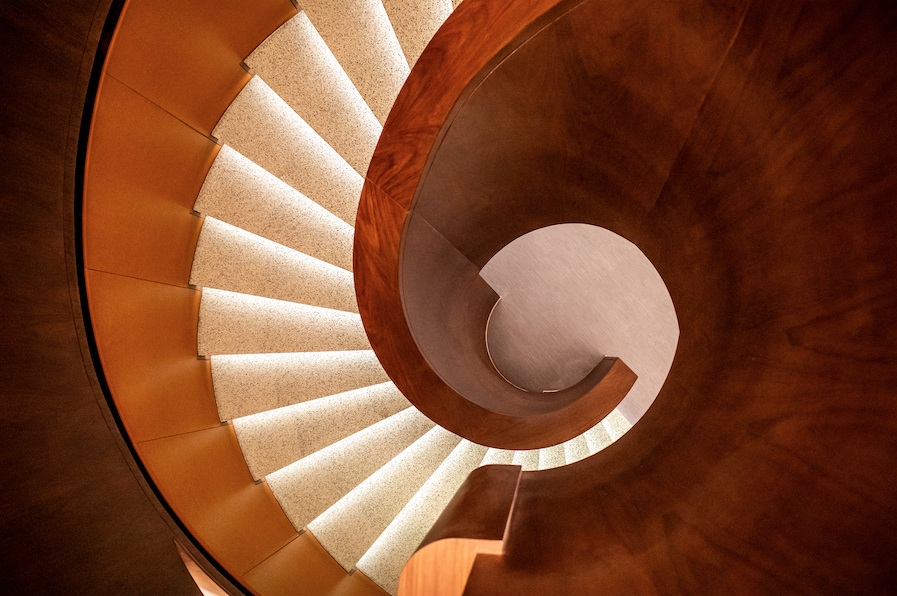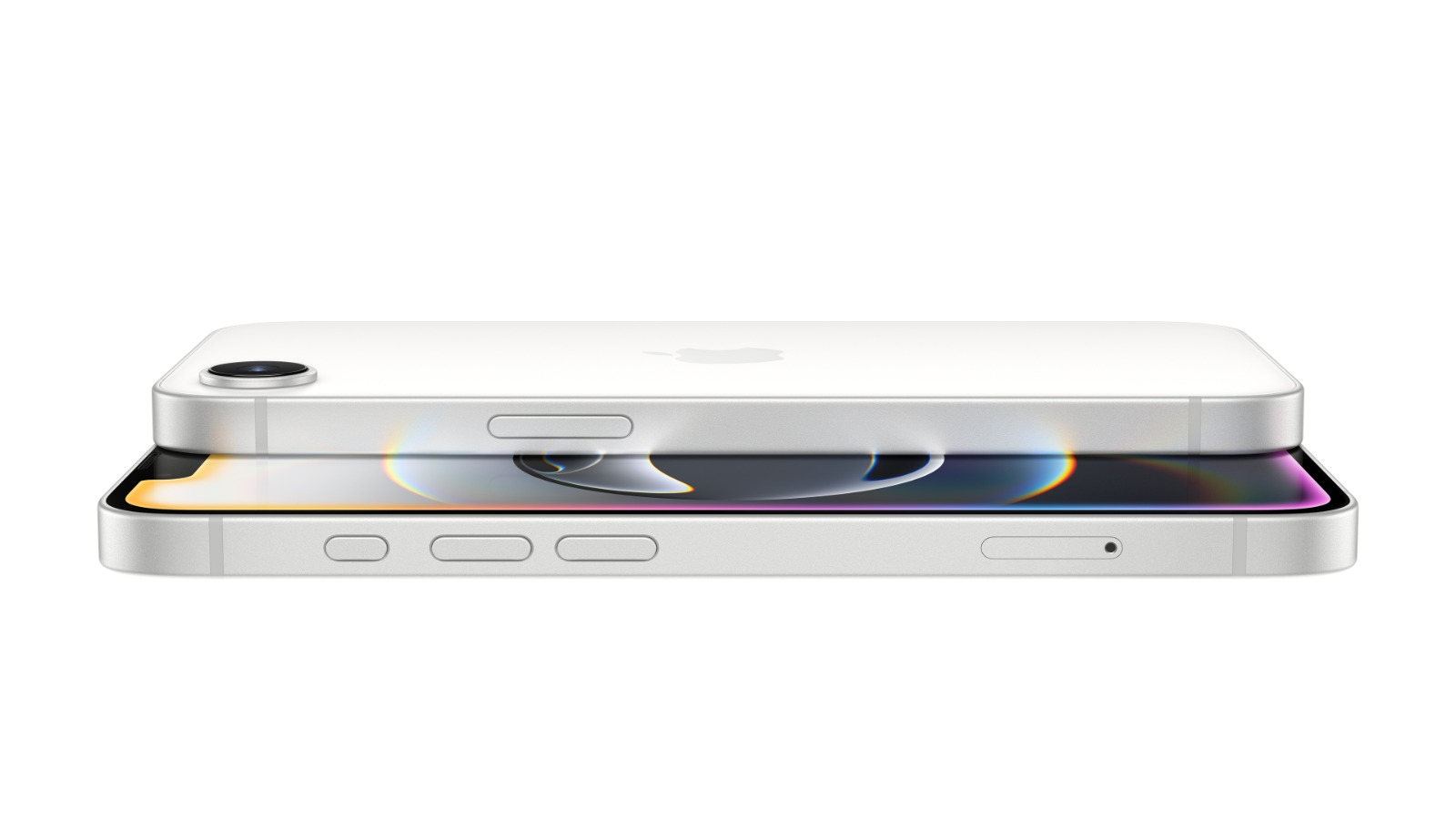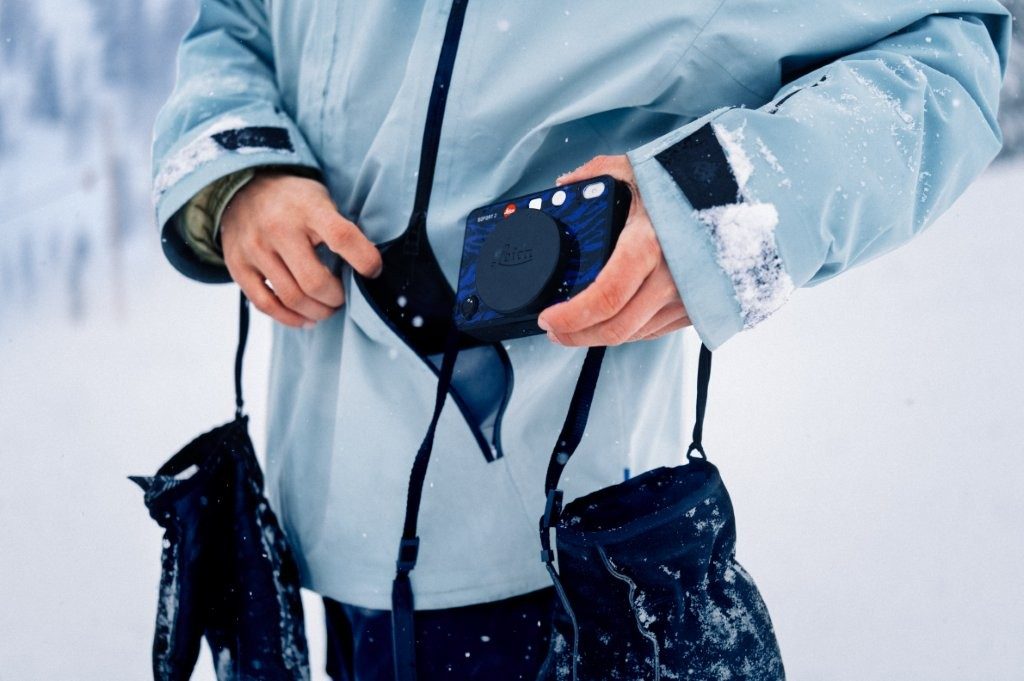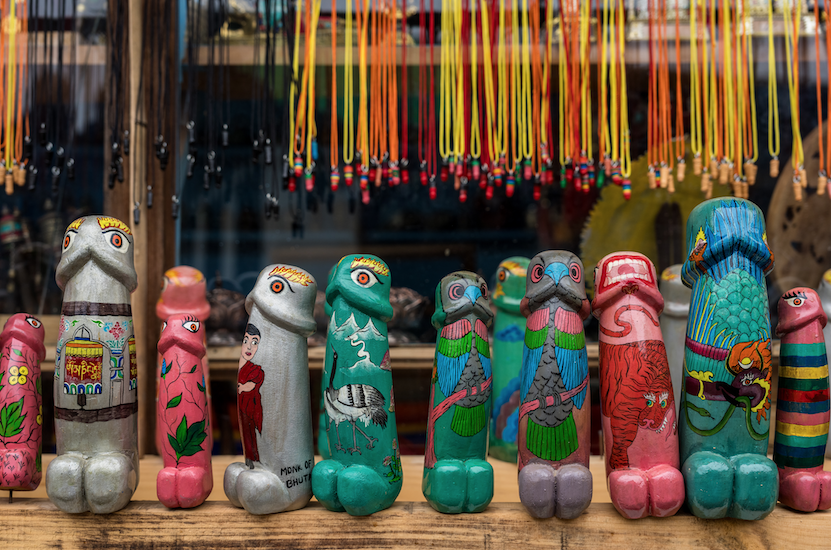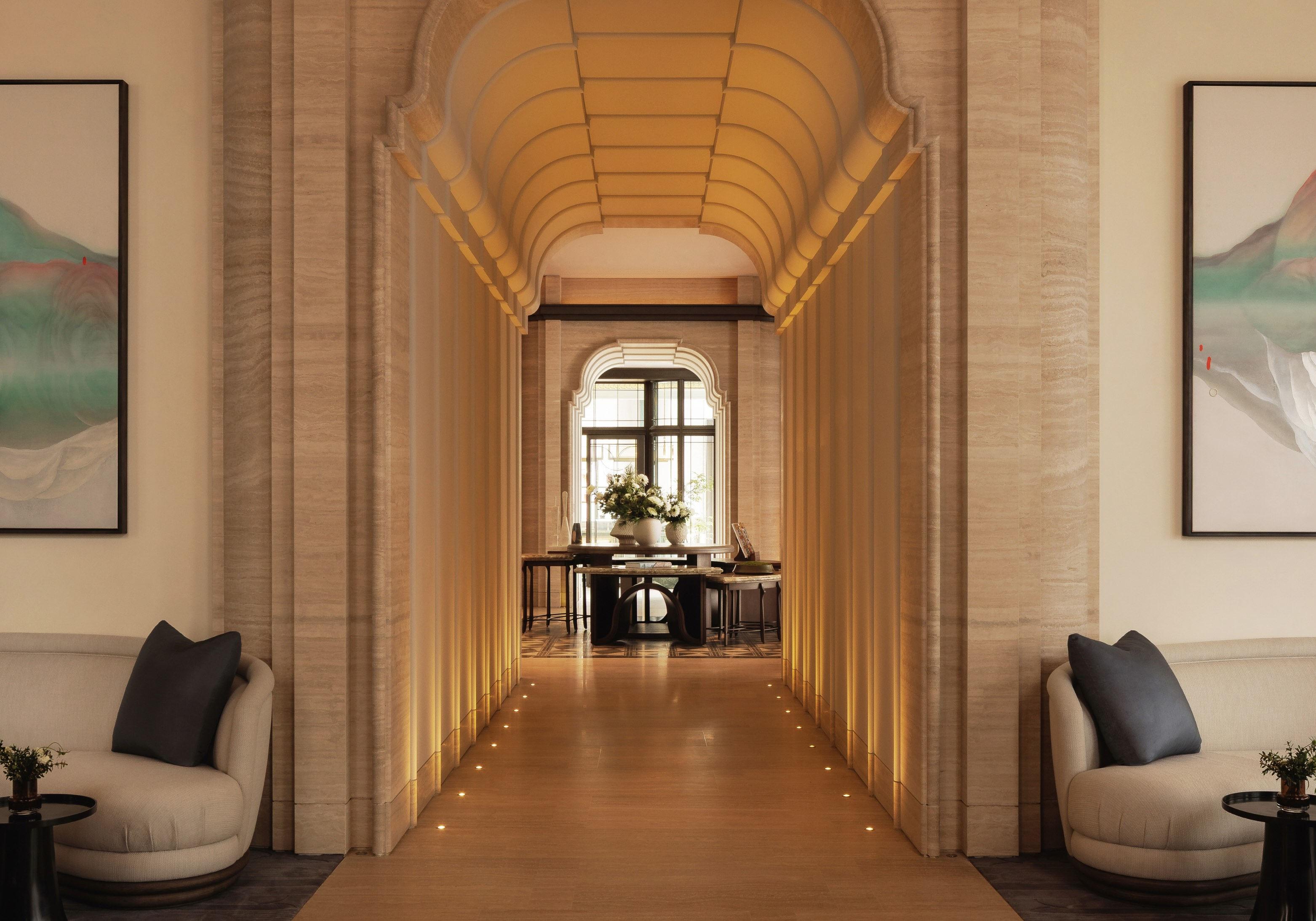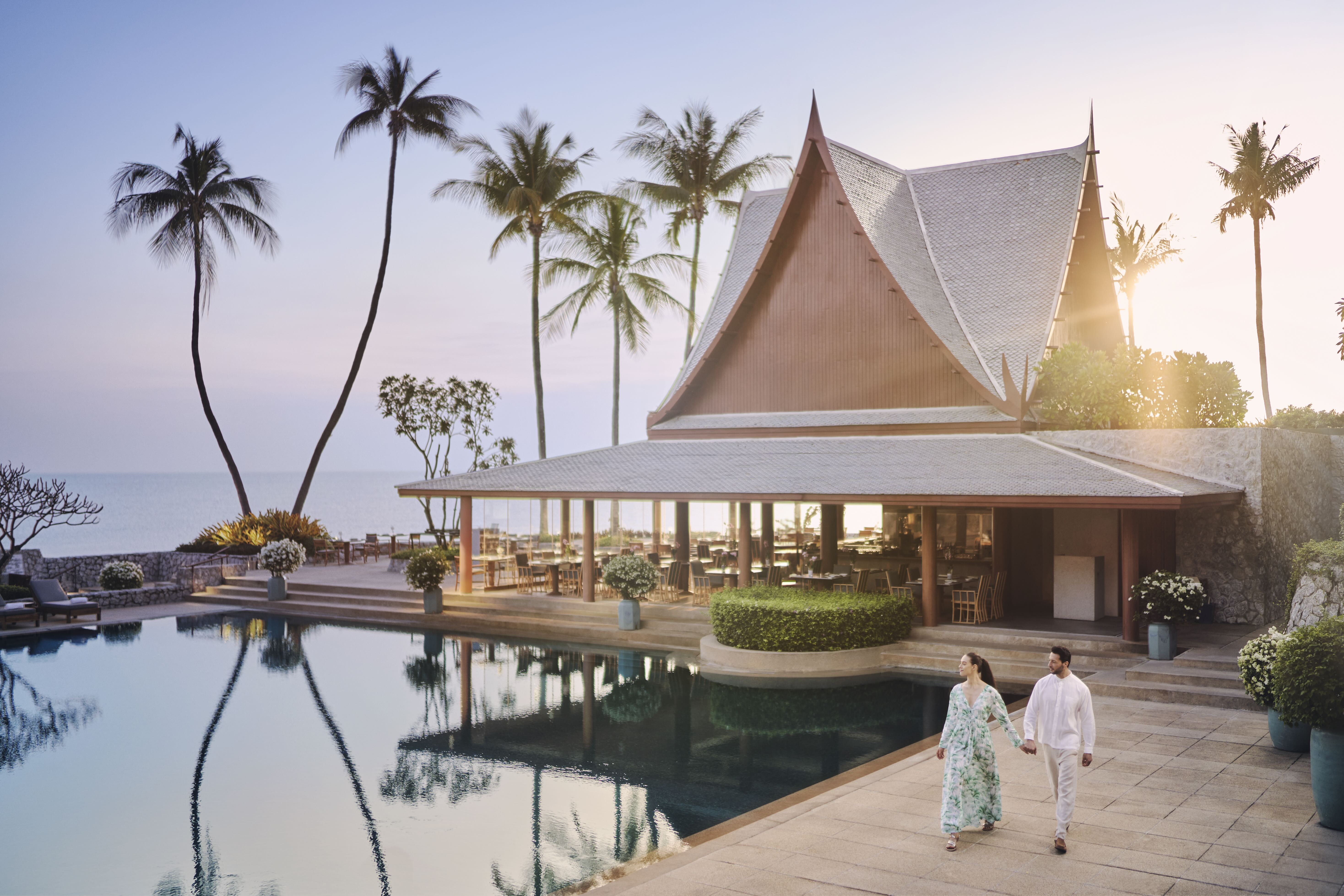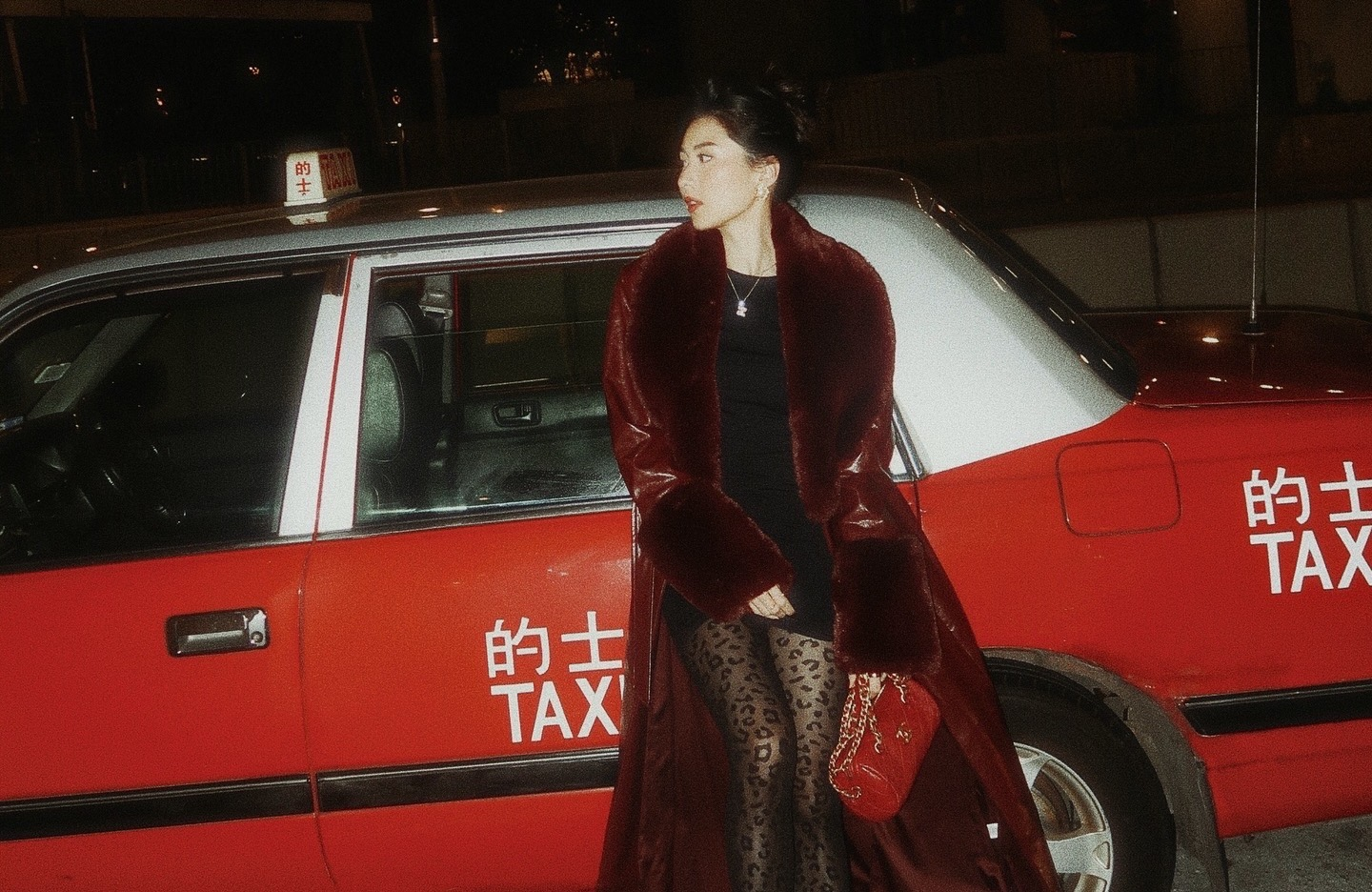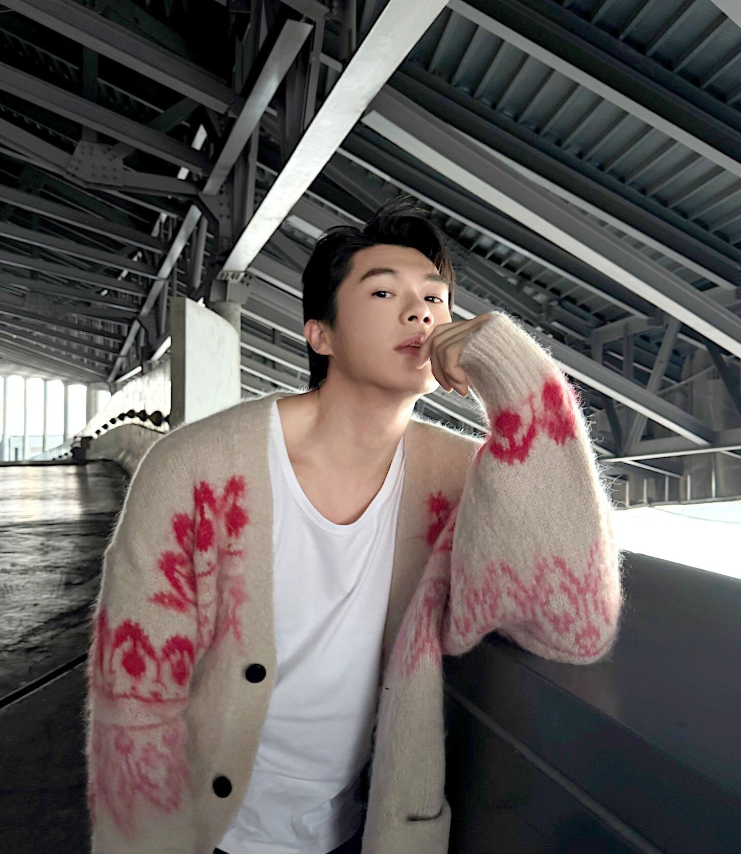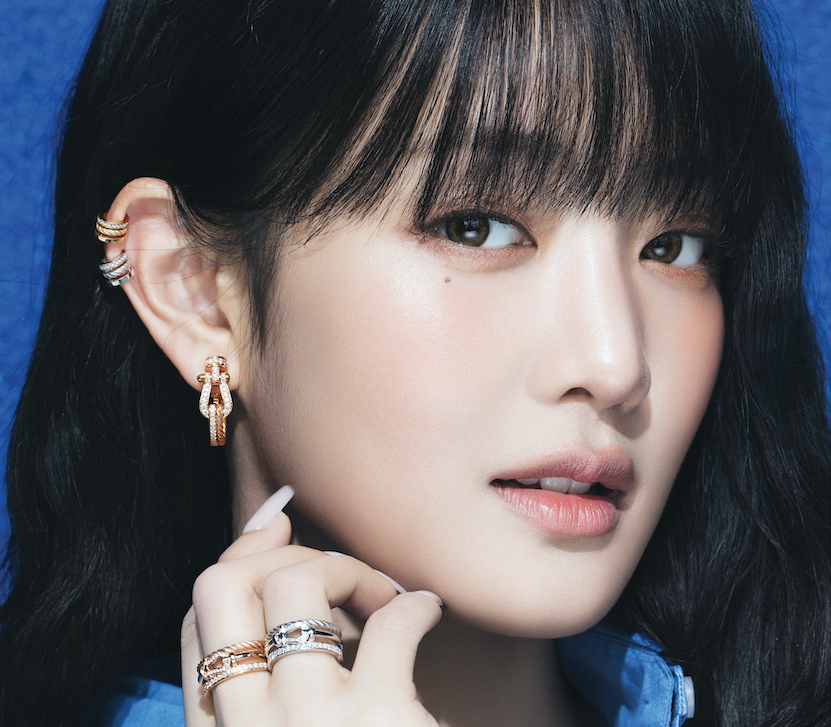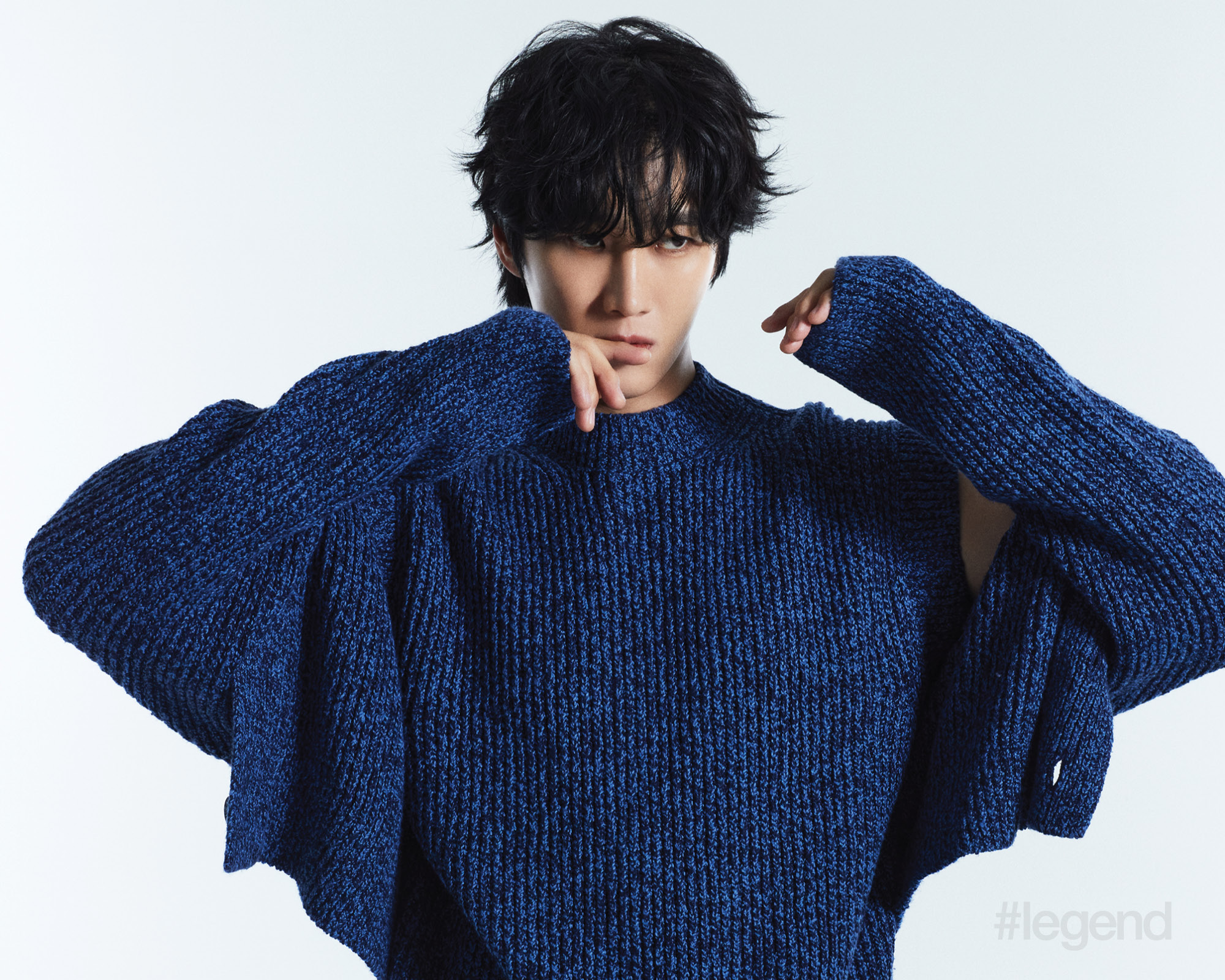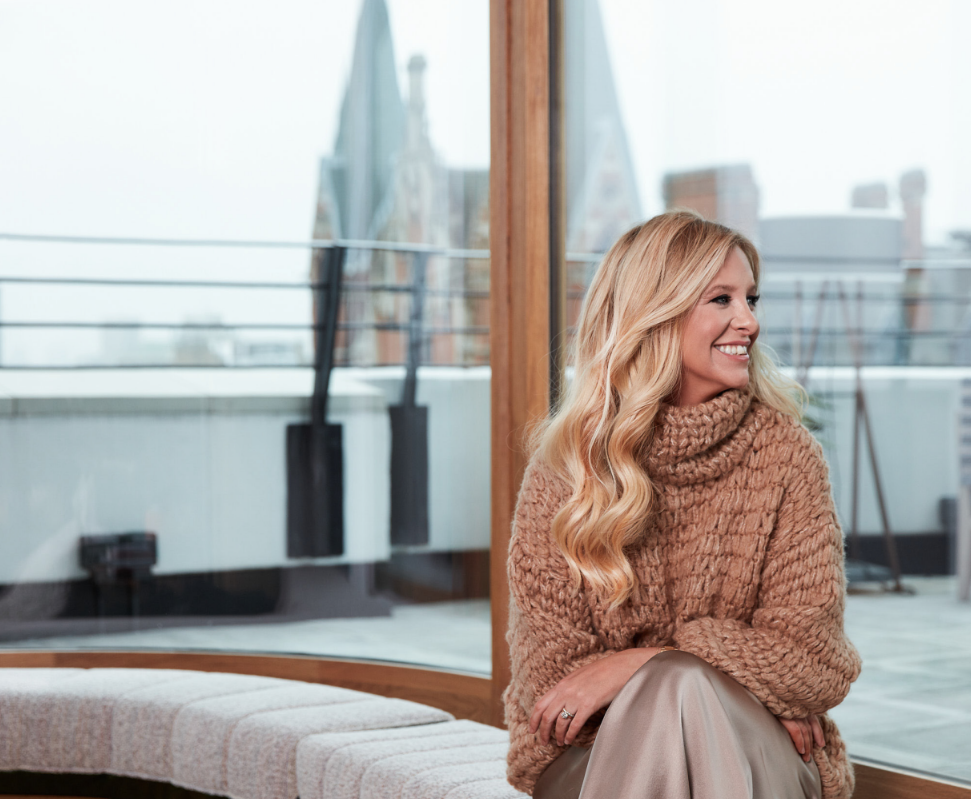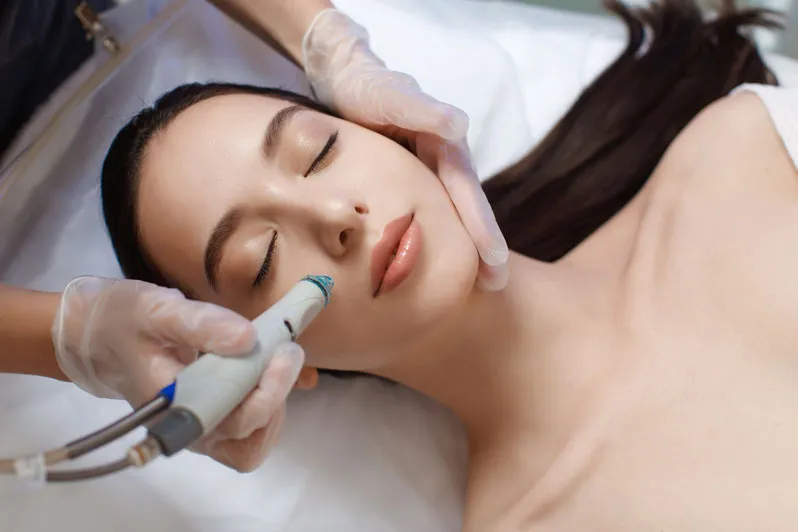Better Days Skin founder on growing her following and skincare chemicals
Aug 14, 2024
Better Days Skin Co. is changing complexions one bottle of serum at a time. Founder Rachel Poon talks to Zaneta Cheng about how she grew a cult following over social media during the pandemic from her bathroom sink and why chemicals are crucial to any skincare product – all while making sure everyone has cute claw clips and boxers to go with their dreamy skin
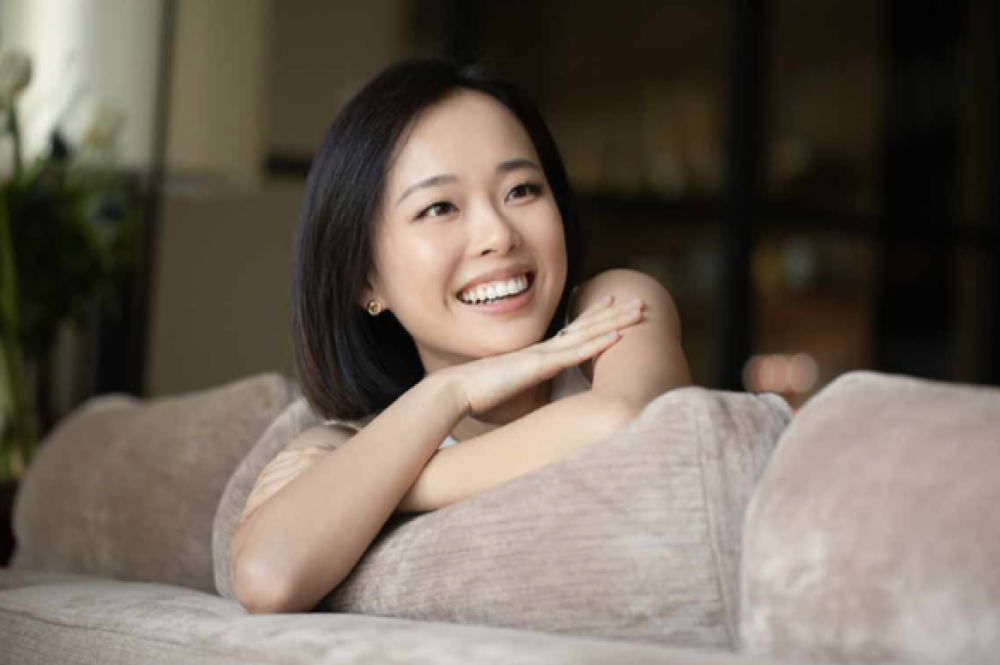
Rachel Poon has just returned from a trip to Singapore where she hosted a pop-up for her skincare brand Better Days Skin Co. She’s shown up for coffee with a laptop covered in periwinkle stickers that she’s designed with slogans like “Never Been Better”, “Positively Sensitive Club” and “Better Days Are Here”. Her skin is as smooth and bright and buttery as it looks on her brand’s Instagram grid, which I take as a pretty good indication of the efficacy of her Multi-Active Treatment Essence. We both place our orders at the counter and realise that neither of us drink coffee, just herbal tea, which, given the state of Poon’s skin, I take as a positive sign that I might be on the right track to achieving a similarly creamy mien.
It all started when Poon had just moved to Singapore. The Hong Kong native was breaking out and was on her fourth doctor in the Lion City and quickly losing faith that anyone would be able to cure her. “I remember I asked specifically to try using unfragranced skincare,” Poon recalls. “I said to the doctor that I felt like everything was sensitising me and she was like, sure. Then at the checkout her nurse gave me the spread of products that the doctor recommended, and I flipped to the back to look at the ingredients and everything had fragrance. At that moment I thought, okay, so no one is listening to me. I decided then I was going to just have to work on this myself.”
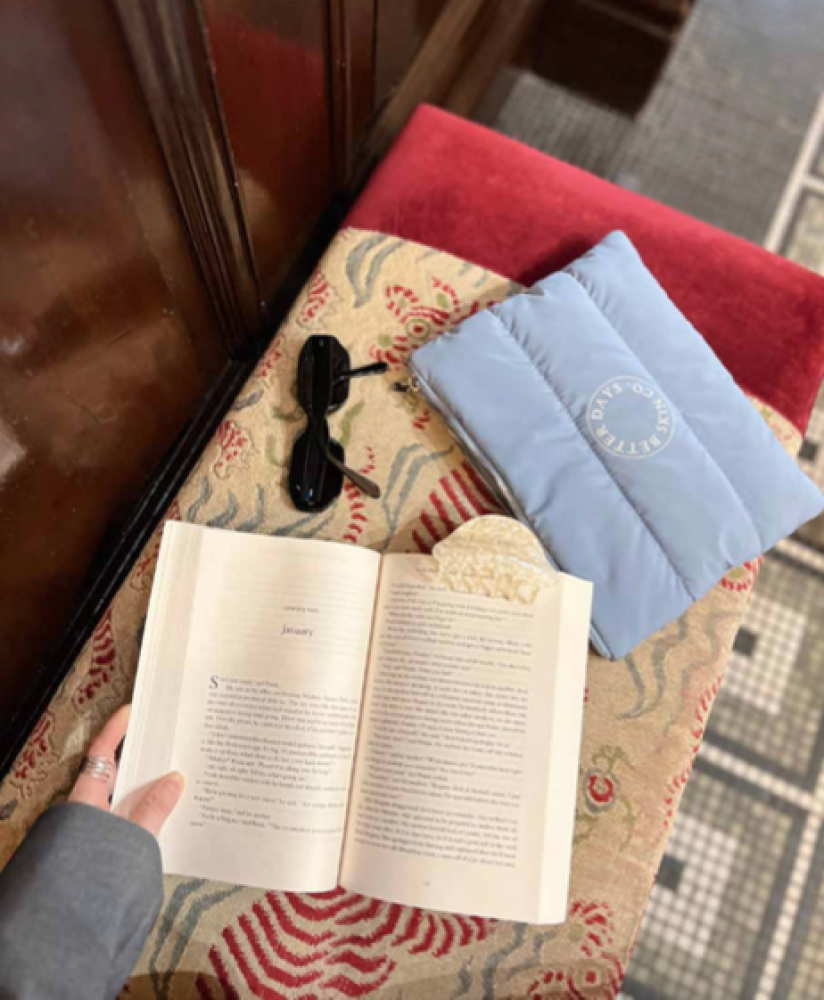
Starting was easy, according to the founder. Poon is fanatical about ingredients, having spent hours poring over everything from medical journals to online skincare ingredient encyclopaedias and even Reddit during her research, which ultimately shaped her approach to her hero serum, the Multi-Active Treatment Essence (MATE for short). “I started seeing a pattern. Look, you can’t be your own chemist. A lot of beauty brands are telling and selling people individual ingredients. Here’s a bottle of this acid, this acid and then a whole bunch of these other ingredients. How are you supposed to know what goes with what? What if a person with super sensitive skin is like, ‘Oh, I heard that the glycolic is good. Let me get the 10%, which is high, and then pair it with the 20% niacinamide,” she says, breaking it down with the conviction of someone who’s done the research, processed it and come out with her own, very confident take.
“I also think multitasking gets a very bad rep. Even in my own mind, I’m like, why would you want a two-in-one shampoo, right? But skincare is different. It’s like a fruit – it has so many different vitamins that all work together to provide you with whole nutrients, right? That’s how I view my formulas. Everything works in tandem. You can’t isolate one ingredient and throw that on your skin and expect it to work. You must have everything working in a cohesive, gentle manner.
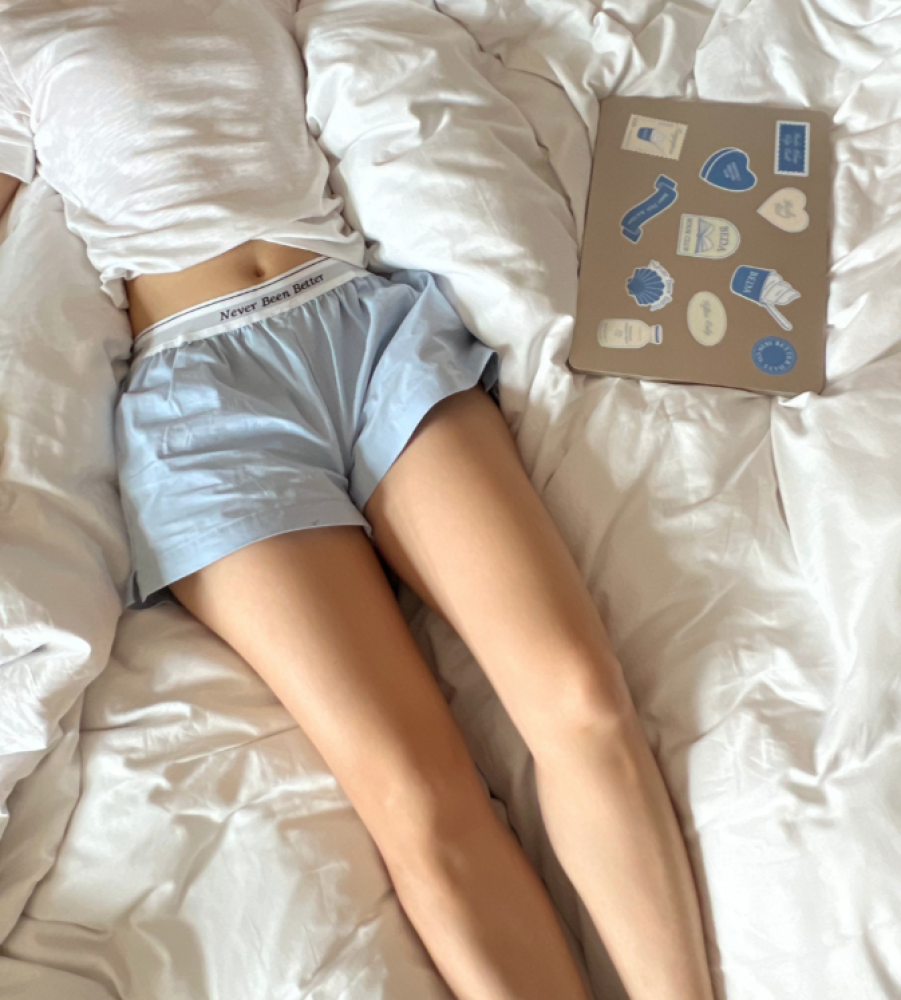
“I think a lot of times, girls just want these instant results. They want to get that acid peel and look amazing the next day, which you can! But none of us have the restraint to not do it every day because we’ll be like, ‘Oh, it looks great the next day.’ ’Cause I’ve done that.”
So, Poon started from scratch. With her own formula and her own list of non-negotiable ingredients – “definitely the actives, the basic ones like salicylic acid; chamomile is a non-negotiable, niacinamide and green tea ginseng.” Alongside the cocktail of ceramides, lactic acids, glycerine and amino acids, one key component of the serum formula is its plant-based antioxidants and extracts from herbs drawn from traditional Chinese medicine like green tea, Korean red ginseng and gingko. “I chose TCM ingredients that have been highlighted in medical journals for having real effects. I didn’t want to just jump on to a TCM ingredient – I made sure to see if the ingredient has a track record. Green tea is the most well-researched so that’s an easy one to use, and it has proven benefits for acne-prone skin.”
Also see: #beauty: The latest mega trends in Asia beyond Botox and fillers
The serum was a no-brainer for Poon, who wanted to create a lightweight, deeply penetrative formula that would brighten, soften, and treat acne and breakouts. It’s currently the only skincare product in the brand’s line-up but its fanbase has become something of a cult in Singapore, where it was first launched. The brand’s success has relied entirely on word-of-mouth thus far.
“When I first moved to Singapore, I had two or three really good friends, but I didn’t want to produce in a very isolated manner. I needed to know if the serum would work for multiple people so from the get-go, I would post on Instagram and have one of my friends, or maybe more Instagram-visible friends of mine to test it and then they’d get eyeballs on it. I’d also literally send it to strangers and I’d always post their feedback online and discuss it and I think it snowballed from there,” she says.
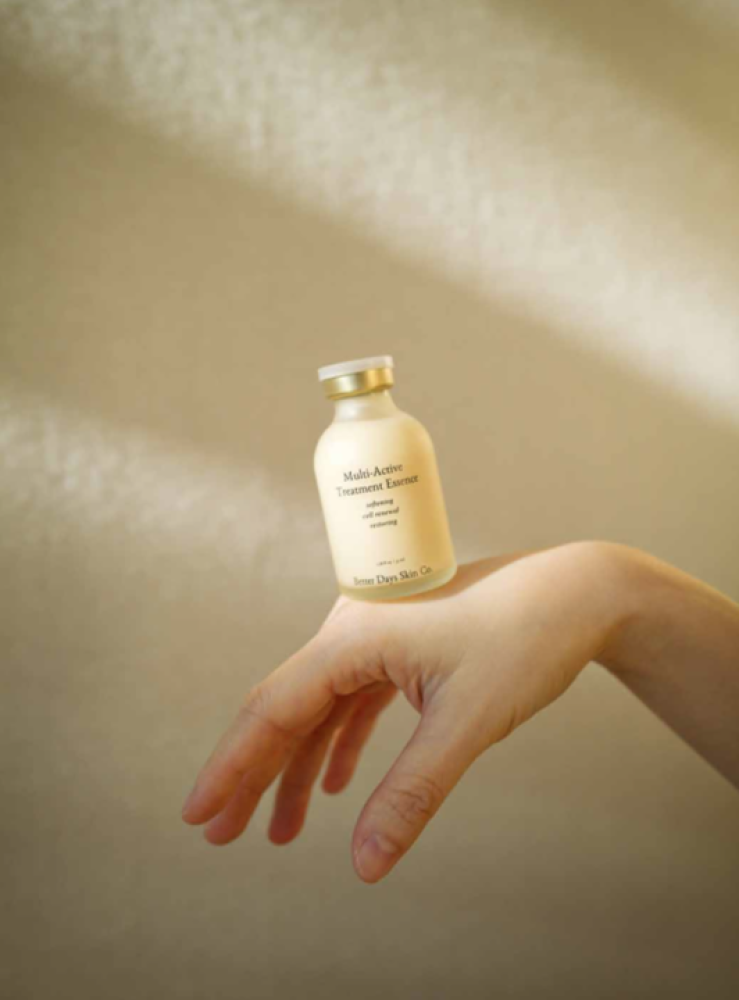
“It was like, ‘Oh, these 40 people said it was decent but they didn’t like the smell,’ and so I’d go back to the lab and ask them what we can do about the smell. I haven’t really approached KOLs or influencers about my skincare, so I always like to post real reviews from real people.”
Instead, Poon has become something of an influencer herself, posting Stories and Reels of herself using the serum in a bedtime routine, interspersing those with posts educating her customer base on the importance of taking care of your body from the inside to maximise the efficacy of the topical product. There are recipes for traditional Chinese soups to boost health and collagen. “Those posts that show TCM recipes are the ones that get the most saves and shares,” Poon says. “I don’t know if it’s a girl thing and I think in Singapore, it’s not as commonplace as it is in Hong Kong, but they love learning about it. I don’t know if it’s because it’s hot in Singapore but everyone drinks iced drinks all day long. I’m the only person who drinks hot water in Singapore so there’s a bit of a difference but it seems like they’re at least interested in learning about it.”
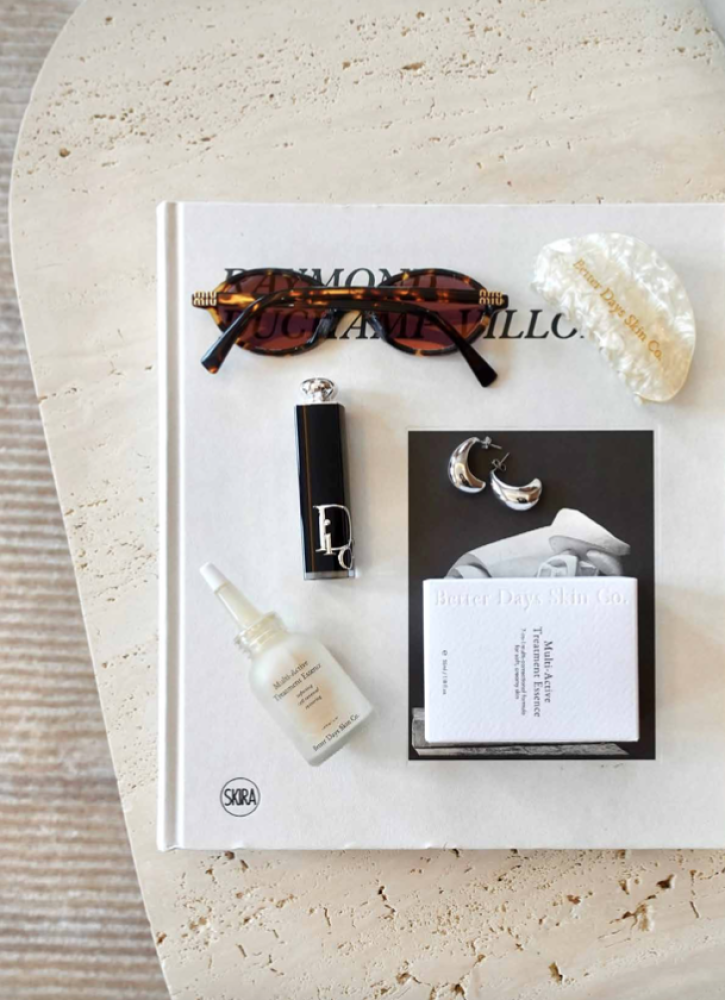
Poon teaches her audience how to de-puff their eyes in one post. There’s even a what’s-in-my-bag Reel amidst real reviews from her very real clientele who request content from the founder (who shoots most of it from her bathroom, be it after exercise or a late night out). There’s a sense that we’re all over at her house, in the bathroom having a chat about the current state of our skin and what to do about it. Maybe it’s the fact that Poon is just fun to talk to – dropping nuggets of wisdom like “Nothing is natural. When it comes to the idea of clean skincare, it’s a marketing thing. No hate to the brands who use it, but it’s marketing. You’re not rubbing a flower on your face and calling it skincare. It has to be heavily processed. Everything is chemical. If the label of anything says they’re chemical-free or preservative-free, don’t buy that brand please because you have to process it in a lab. You think water is just water? Water has to be processed through a filtration system to the point where it’s not drinkable before it can be used in a formula. It would kill your insides because it’s way too clean and pure, it would ruin your gut.”
These days Poon’s community is busy following her progress as she develops her radiance cream, a moisturiser that it is aimed at brightening and protecting the skin with nary a trace of vitamin C. “I’m very anti- vitamin C personally,” says Poon, who instead is working on infusing vitamin F into her new product. “Vitamin C works for a lot of people but not for me, and I assume that might be the case for some of my community too. So that’s why there won’t be vitamin C in there. But the moisturiser is infinitely harder than the serum because everyone likes a different texture, which is why it’s taken so long. I want it to be a brightening cream that will help the skin barrier for those with sensitive skin and I want a gel-cream texture leaning on the creamier side because people sleep in air-con.”
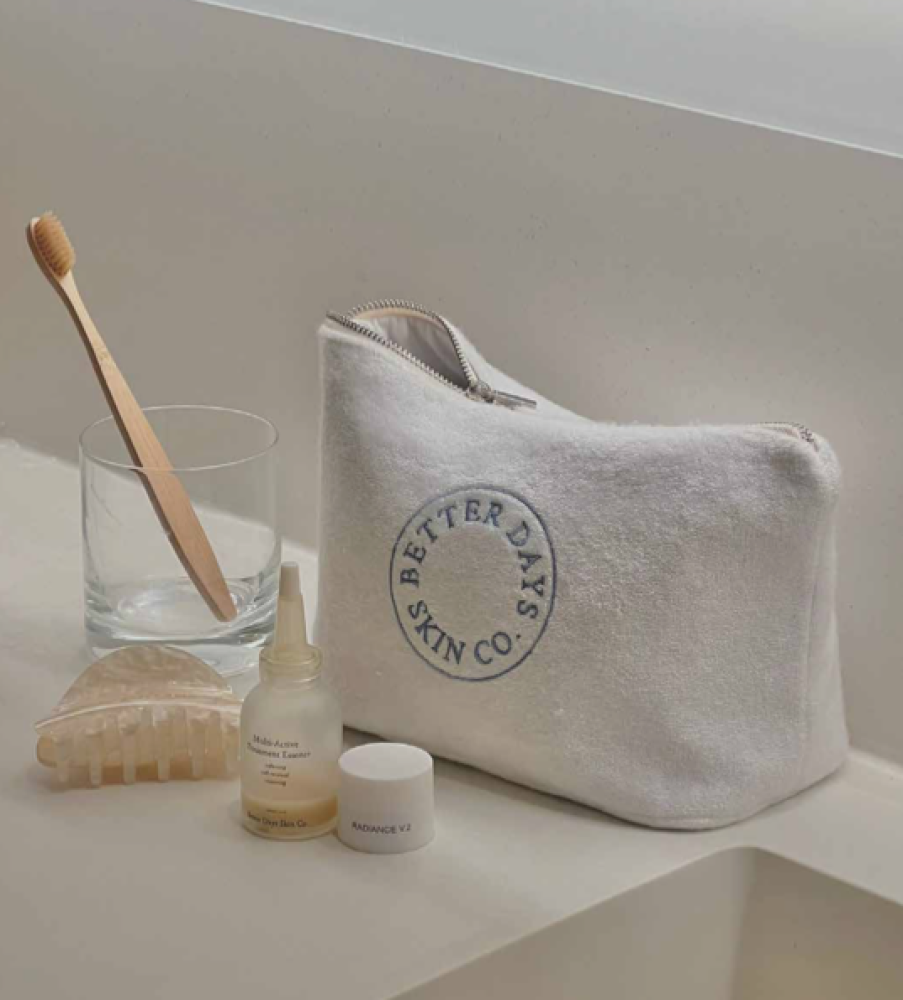
In the meantime, Poon has launched merch. There is a hair claw that seems to unite #softgirls (what Beda girls call themselves) around Singapore. There are those cute blue stickers, a terry-cloth pouch,
a padded blue pouch, a scrunchie, boxer shorts (which are extremely comfortable – nary a tight band mark to be found), and most recently a softgirl cap. The customers have caught the bug – the merch acts as a bonding agent, cementing one another in the sisterhood. Poon is grateful for her community. “I don’t know if it’s unique to this era where maybe everyone’s kind of lonely inside their homes. You want to meet new people and it gets hard after you graduate and start working. Everyone’s married or doing their own thing and sometimes your life just doesn’t overlap the same anymore. I think this group of girls are all into skincare, we’re all into TCM so let’s meet up and chill,” Poon says. She’s lately started doing meet-ups with customers in person. “So far, everyone I’ve met has been super cool with some pretty interesting jobs. One girl I met works for the government taking care of the trees in Singapore. She’s a tree doctor basically.” Meet-ups in Hong Kong have included breathwork sessions and matcha.
The plans don’t stop here. Poon has recently launched Beda Book Club. “It’s taken me a long time
to figure out how I wanted to build the community. The merch and the skincare, it’s kind of part of a whole universe, a perennial girl sleepover. I think I’m always trying to educate the community and bring them into this lifestyle of taking care of their skin and eating and sleeping well. It’s not Oscar Wilde. I just want people to come hang out,” she says. “There are so many people I have yet to meet. Growing up I didn’t imagine I would be doing this at all and this brand and the girls that I’ve met have really opened my eyes to the fact that the world doesn’t have to be so set in what I think it’s about or how I was brought up to think it should be.”


